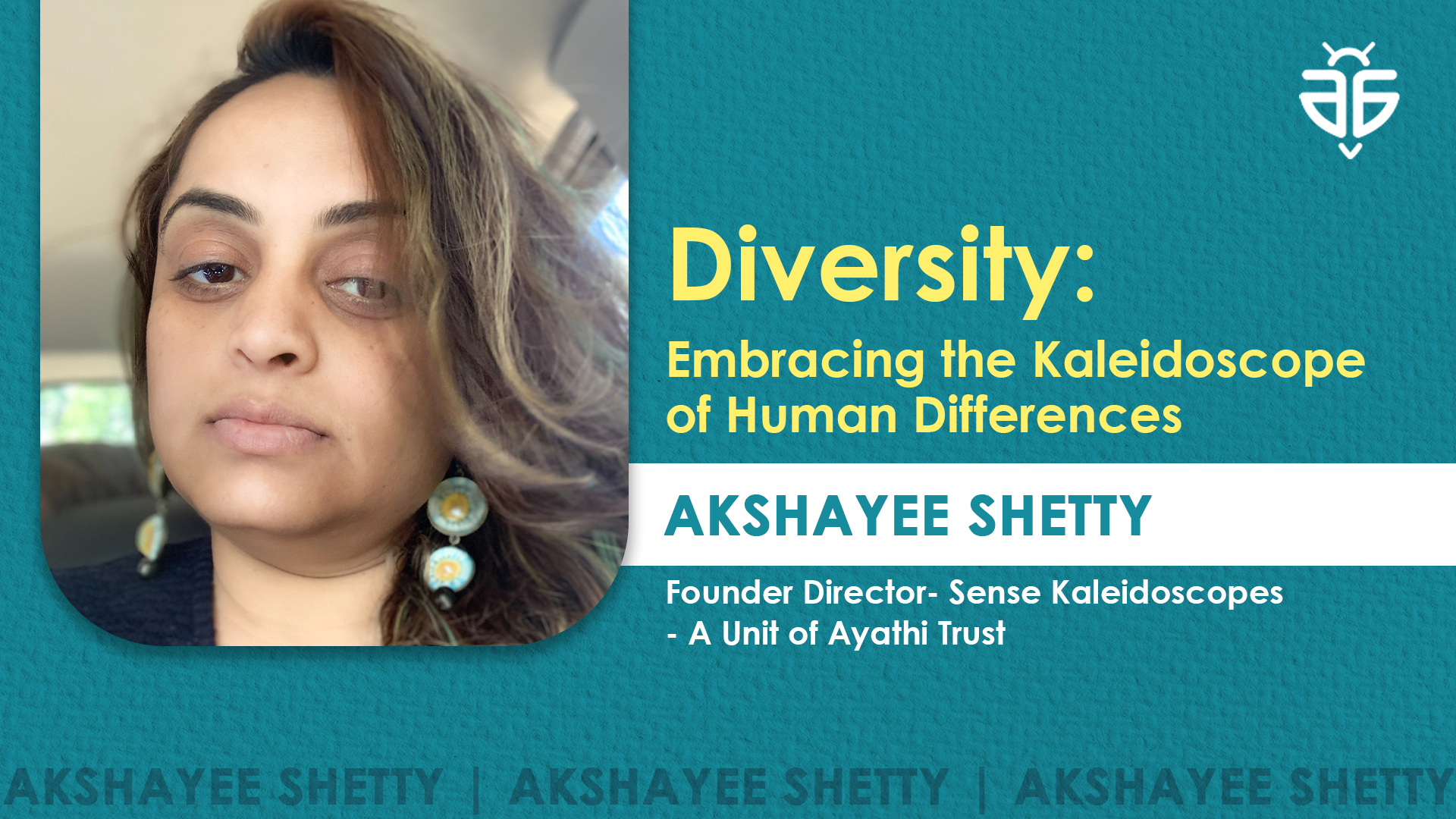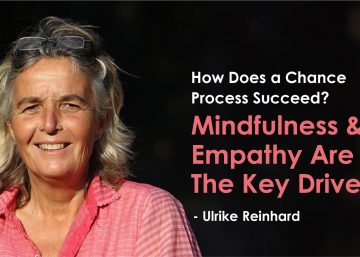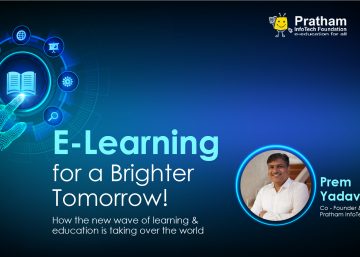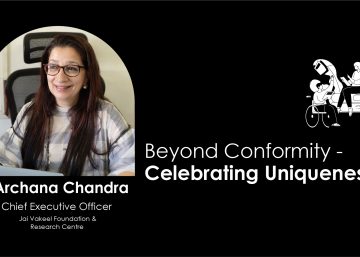‘Diversity’ encompasses a wide array of human differences, spanning race, ethnicity, gender, gender identity, sexual orientation, cultural beliefs, neurological patterns, sensory distinctions, physical attributes, religious and political beliefs, and more.
Regrettably, diversity has suffered from stigma, largely due to the influence of the outdated medical model, which perceived differences as disorders to be cured, with the aim of conforming individuals to societal norms of what is deemed “typical” or “normal.” This approach can be disheartening and frustrating for those who are unique or divergent, as they may not wish to change themselves to fit predefined molds. Conversely, the social model of disability acknowledges neurodiversity as variations in behavior and brain functioning, embracing and valuing these differences while advocating for autonomy, inclusive education and employment, freedom from abuse and restraint, and the right to make decisions with appropriate support when needed. Achieving a balance between the social and medical models is essential to foster neurodiversity sustainably and ethically.The enrichment diversity brings to our world cannot be overstated, and it is vital to recognize and embrace the distinct experiences and abilities of each person.
July is celebrated as the Disability Pride Month. Disability Pride plays a pivotal role in this diverse tapestry, acknowledging that everyone embarks on different journeys with unique challenges. By uniting, we can build a more inclusive society, promoting empathy and dismantling barriers.
However, there is a pressing concern for those who feel disconnected from diverse individuals, even within their own families and social circles. This raises questions about survival and thriving when an environment refuses to connect with and accept neurodivergent individuals. Therefore, it becomes imperative to seek ways to support and empower these minds instead of disabling them. Environments play a significant role in shaping individuals’ lives, and nurturing divergent minds, respecting their authentic identities, and presuming competence are vital in enabling diversity.
Kindness is invaluable, particularly when extended to individuals with special abilities. Educating oneself about various disabilities, being patient, and actively listening to their perspectives, encouraging independence, celebrating achievements, using respectful language, and including them in social events can make an immense difference. Supporting organizations that promote inclusivity and volunteering to help can also contribute to a compassionate world where everyone feels valued and loved.
As a neurodivergent individual myself who collaborates with autistics and interacts with a diverse range of neurodivergent people, including those with or without co-morbidities and those who identify as queer, I have come to appreciate some significant realities. The complexities of their conditions and the challenges of being their authentic selves often isolate them from others and hinder their functionality, which can be disabling.
My strong belief aligns with the notion that environments play a pivotal role in either empowering or disempowering minds.
I draw inspiration from Gabor Mate, a renowned trauma expert, who wisely emphasizes that when things go awry, we should not immediately focus on what’s wrong with the individual but instead examine the surrounding environment. This includes looking into family dynamics, cultural influences, community support, and especially the closest relationships that impact the individual, often ourselves.
Through my life experiences, I have learned the immense value of nurturing and embracing the strengths of divergent minds. By creating supportive spaces that foster authenticity and identity exploration, and by presuming competence in these unique minds, we can truly enable diversity within our environments.
It is through this compassionate and empowering approach that we can help individuals thrive and make a positive impact on their lives and the communities they inhabit.
Click here to read more stories of change, awareness, inspiration and practising kindness!
aidbees works with 70+ NGOs across 10+ themes including environment, education, health, empowerment, etc. You can support them and join us in spreading the Kindness Revolution. Click here to explore more!
About The Guest Author: Akshayee Shetty is a neuro-divergent who founded Ayathi Trust to serve the community of autistics. They are the first and only autism specific school which imparts education through play and autism specific lesson plans. It is also the first art college in India which ensures artistic excellence through the autism-specific BFA program. Sense Kaleidoscopes is a nonprofit under the Ayathi Trust and is also a partner NGO at aidbees. It works with individuals with disabilities and helps them live a better life!







